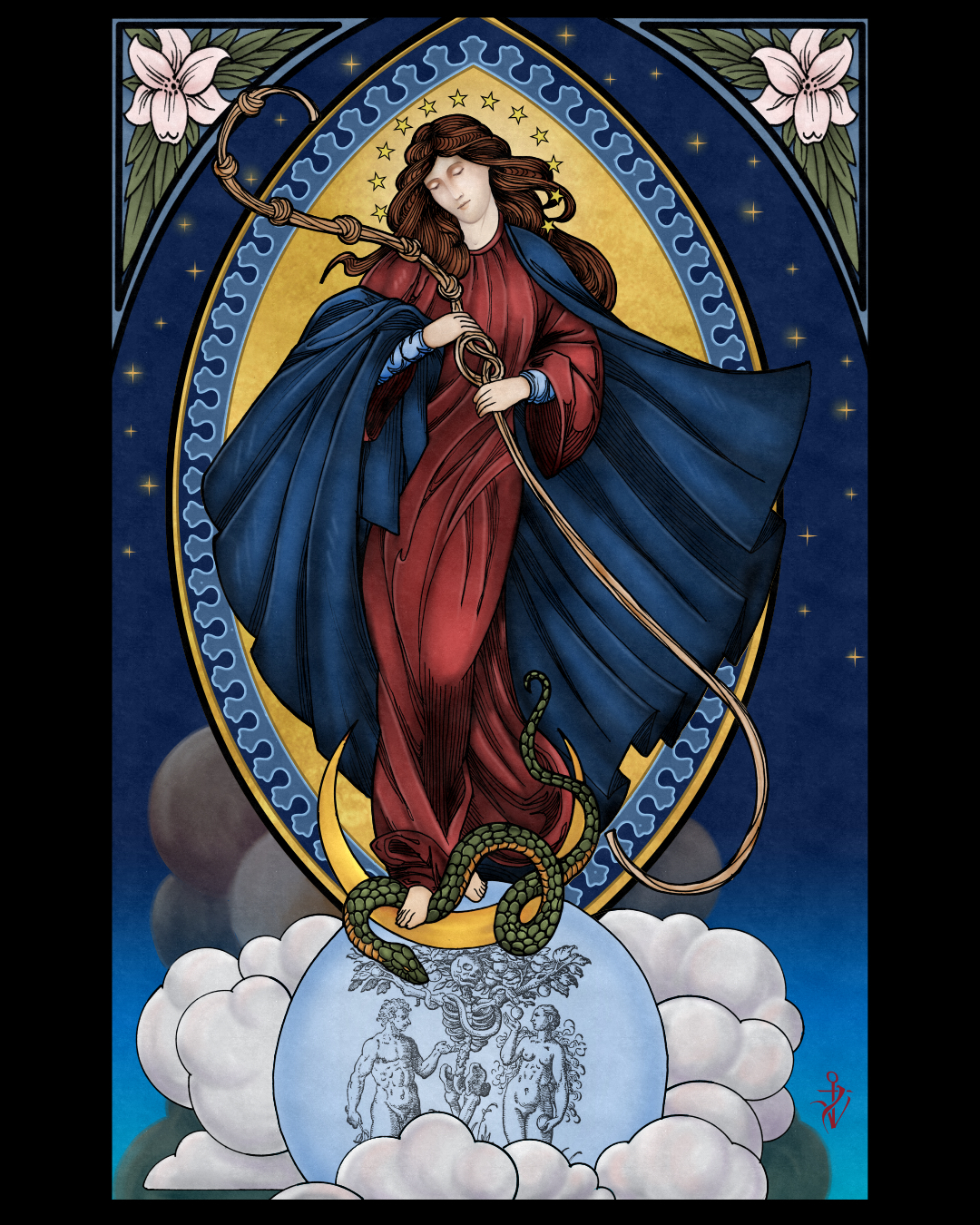
“I am a fragment of a mirror … I can reflect light into the dark places of this world” -Alexander Papaderous

Alexander Papaderous was just six years old when the second world war started. His home village was destroyed and he was imprisoned in a concentration camp. At the end of the war, Papaderous came to believe that the Germans and Cretans had much to give one another, much to learn from one another. He felt they had to set an example, for if they could forgive one another, then any people could. To help the process, he founded an institute dedicated to human peace and understanding, particularly between the people of the island of Crete and the people of Germany.
One day, while taking questions at the end of a lecture, Papaderous was asked, “What’s the meaning of life?” There was nervous laughter in the room. It was such a weighty question. But Papaderous answered it.
He opened his wallet, took out a small, round mirror and held it up for everyone to see. During the war he was just a small boy when he came across a motorcycle wreck. The motorcycle had belonged to German soldiers. Alexander saw pieces of broken mirrors from the motorcycle lying on the ground. He tried to put them together but couldn’t, so he took the largest piece and scratched it against a stone until its edges were smooth and it was round. He used it as a toy, fascinated by the way he could use it to shine light into holes and crevices.
He kept that mirror with him as he grew up, and over time it came to symbolize something very important. It became a metaphor for what he might do with his life.
“I am a fragment of a mirror whose whole design and shape I do not know. Nevertheless, with what I have I can reflect light into the dark places of this world–into the black places in the hearts of men–and change some things in some people. Perhaps others may see and do likewise. This is what I am about. This is the meaning of my life.”
The triumph of light over darkness is part of our story; it is built into the human race. We were not made for the darkness we were made for the light. But somewhere back along our history we turned away from God and the light and fell into darkness and forgetfulness.
But God did not abandon us. The light of His truth shown dimly, calling us back to Him.
Then everything changed. No longer content to wait for us to come to Him, God became one of us and came to live among us. Our salvation rested on the faith of a young virgin who reflected the light of God’s Truth into our darkness.
May we all have the courage and love to abandon the futile works of darkness and answer the Lord when he invites us to come after Him. And when we have done so, let us remember those who still sit in the darkness and go to them reflecting the light.
Pax vobiscum
3rd Sunday in Ordinary Time

Lawrence Klimecki, MSA, is a deacon in the Diocese of Sacramento. He is a public speaker, writer, and artist, reflecting on the intersection of art and faith and the spiritual “hero’s journey” that is part of every person’s life. He maintains a blog at www.DeaconLawrence.org and can be reached at Lawrence@deaconlawrence.com







